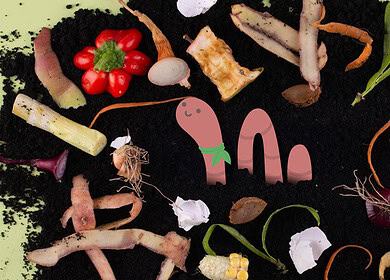Indonesian city Yogyakarta explores waste to fertilizer conversion

In response to the closure of the Piyungan landfill, the city of Yogyakarta, Indonesia, has embarked on an innovative path in waste management by converting waste into valuable resources such as fertilizer and fuel. The landfill, operational for 28 years, was finally closed on May 1, 2024, due to capacity issues, prompting the city to decentralize its waste management operations.
Yogyakarta, constrained by its small size of just 33 square kilometers, has faced significant challenges in finding new sites for waste processing facilities. Despite this, the city has successfully divided waste processing among three integrated facilities, all expansions of the existing 3R strategy (reduce, reuse, recycle). These facilities not only manage waste but also process it into refuse derived fuel (RDF) for the cement industry and compost for agricultural use.
The largest of these facilities, the Nitikan TPST, can handle 60-75 tons of waste per day. Meanwhile, the Kranon and Karangmiri facilities are expected to be operational by the end of May 2024, adding a capacity of 65-75 tons per day. However, these facilities combined will still fall short of managing the city’s daily waste production of 200 tons. In response, the city government is also partnering with private entities capable of processing an additional 60 tons per day.
Plans to establish another waste management facility at the former site of the Piyungan landfill were met with resistance from local residents, leading to delays. In an effort to resolve the conflict, Acting Mayor Singgih Raharjo emphasized that the new site would fully process waste rather than simply storing it. The initiative aims to reduce the environmental impact and prevent the accumulation of unprocessed waste.
In addition to these efforts, the local government is encouraging the optimization of waste management at the source by promoting waste banks throughout the city. These banks facilitate the sorting and sale of inorganic waste, which is crucial for reducing the volume of waste and supporting recycling efforts. The city’s proximity to major recycling centers in Semarang, Surabaya, and Jakarta, however, poses logistical challenges due to high transportation costs, which the government is addressing through potential subsidies.
The push for innovative waste management solutions in Yogyakarta not only addresses the immediate challenges of waste disposal but also contributes to the city’s sustainability goals by transforming waste into compost and fertilizer, thereby supporting local agriculture and reducing the ecological footprint. This initiative showcases Yogyakarta’s commitment to environmental stewardship and sustainable urban planning.
Enjoyed this story?
Every Monday, our subscribers get their hands on a digest of the most trending agriculture news. You can join them too!













Discussion0 comments